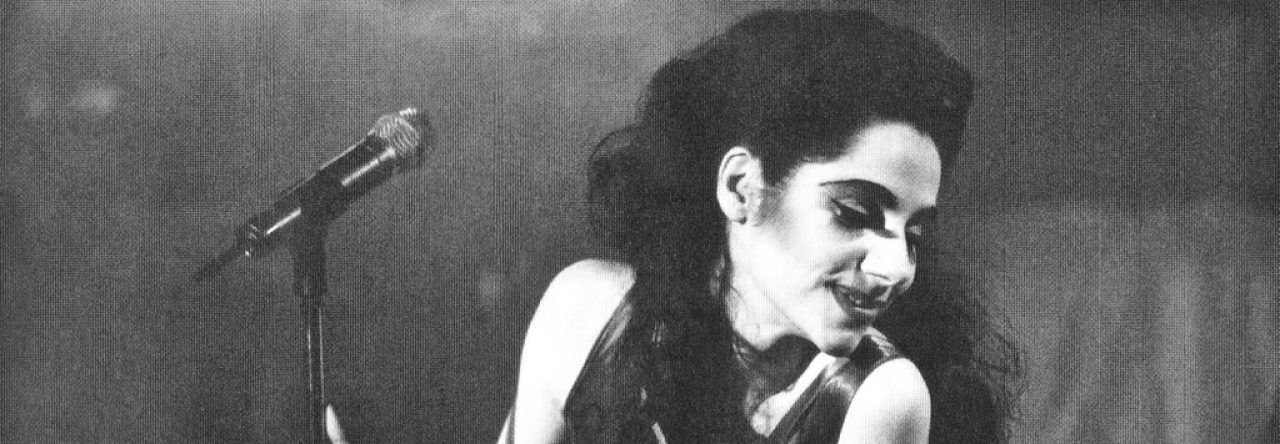PJ Harvey continues to make music, following the legacy of her album To Bring You My Love, which paved the way for future female artists to be expressive and experimental in their music. The time period in which PJ Harvey rose to commercial success was the 1990s, known as the grunge era of rock history. Harvey was one of many women in rock such as Garbage, Alanis Morissette, and Bikini Kill just to name a few, who were expressing their anger and frustration with the expectations of femininity. At this time third wave feminism was beginning to spread, as it began in the mid 1990s. Third wave feminism focused on reclaiming typical ideas of womanhood, and changing perceptions of what the female should be and could be. This aligns with the themes present in many of Harvey’s albums in the 90’s as she consistently wrote about her inability to conform to the correct ideals of femininity, specifically focusing on motherhood on the album To Bring You My Love. Although Harvey aligns with many of the themes of third wave feminism, she herself has said that she does not consider her music to be feminist in nature. Despite saying this, Simon Reynolds of The Guardian points out, “But for all her tomboy tendencies, Polly Harvey’s songs derive their savage energy from a conflicted attitude towards masculinity: a mad jumble of envy, admiration, rage, resentment and above all, an awareness of the ludicrousness of machismo’s blustery posturing” (2). She continues to be full of contradictions in what she says is her true intent and what her songs actually reveal about her, and this aspect is what makes her a unique female artist. It seems as though music allows her the ability to express a part of herself that she herself is unsure of, and cannot yet understand.
Fans today continue to hold this album near and dear to their hearts. Tom Breihan writes about seeing Harvey live in 1995:
“She got to step onto that stage thanks to a sinuous, whispery song sung from the perspective of a woman who drowns her daughter in a river. That day, with absurd heat raging and frat kids moshing all around me on the stadium floor, Harvey looked like she’d teleported in from another, better world” (1).
In this description, Harvey becomes the rock goddess that so many of her fans think of her as. Although To Bring You My Love was her breakthrough album, she continued to make music for her own pleasure, choosing to ignore what her label wanted of her, and instead trying new styles and technologies to advance her music. Her album Stories From the City, Stories From the Sea, released in 2000, has a few features from Radiohead’s Thom Yorke and won her her first Mercury Prize. Harvey’s most critically acclaimed album was released in 2011, and is titled Let England Shake. A political album detailing the history of England, Harvey won a another Mercury Prize for this album, making her the first artist with two wins (The Great Rock Bible). Harvey followed this with another political album released in 2016 titled, The Hope Six Demolition Project, which centers around various political issues in the Middle East, America, and the UK. PJ Harvey continues to write music and create today, however her influence in the 1990s and continued presence in the music industry as someone to keep on the radar, shows the range of her ability as an artist.


